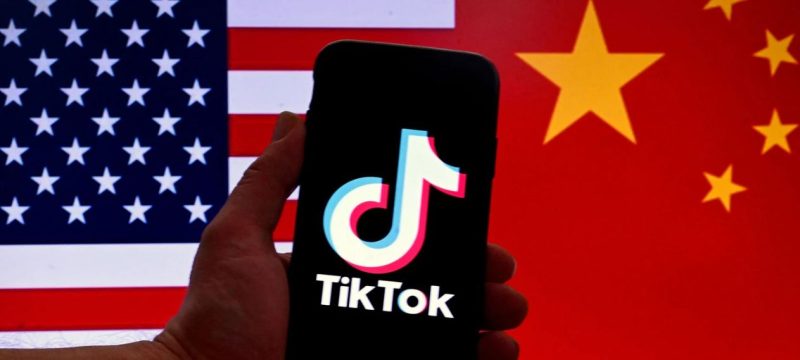TikTok, the popular social media app with over 170 million U.S. users, is preparing to shut down in the United States on Sunday due to a looming federal ban, unless last-minute action occurs. The ban, resulting from a law signed in April last year, requires ByteDance, TikTok’s Chinese parent company, to divest its U.S. assets by January 19 or face nationwide restrictions.
Despite ongoing legal proceedings and political debate, the U.S. Supreme Court has yet to issue a final decision. Sources close to TikTok revealed that after the ban, users trying to open the app will see a message directing them to a website explaining the ban. Additionally, the company plans to allow users to download their personal data before the app shuts down.
Read more: TikTok Denies Sale Rumors to Elon Musk
TikTok’s attorney, Noel Francisco, emphasized that if the ban is upheld, TikTok would become inoperable in the U.S., affecting users and possibly operations in other countries that rely on U.S.-based service providers. Court filings warned that the ban could disrupt TikTok’s services, as U.S. data centers might stop storing the app’s code, content, and user data.
The Biden administration, which passed the law requiring ByteDance’s divestment, has refrained from intervening. A White House official clarified that President Biden cannot act without a credible divestment plan from ByteDance. Meanwhile, Congress has faced resistance on efforts to extend the deadline. A proposal by Senator Ed Markey to give ByteDance a 270-day extension was blocked by Republican Senator Tom Cotton, highlighting the polarized political atmosphere.
President-elect Donald Trump, set to take office a day after the ban is enforced, has suggested seeking a “political resolution.” There are reports he may issue an executive order to delay the ban by 60 to 90 days, but legal experts question the viability of such an action.
TikTok has raised concerns that a U.S. ban could severely impact its global operations. The app’s reliance on U.S.-based service providers could disrupt services in other countries, as stated in its court filings. ByteDance, privately held with major investors like BlackRock and General Atlantic, employs over 7,000 people in the U.S. The company argues that the ban violates First Amendment rights, calling it an unjust restriction on free speech.
While TikTok and ByteDance continue to seek a delay or resolution, the company’s shutdown plans aim to protect service providers from legal risks and allow a quick resumption if the ban is overturned. The Supreme Court’s decision will determine whether TikTok faces an immediate shutdown or if it can continue operating amid ongoing legal challenges.









